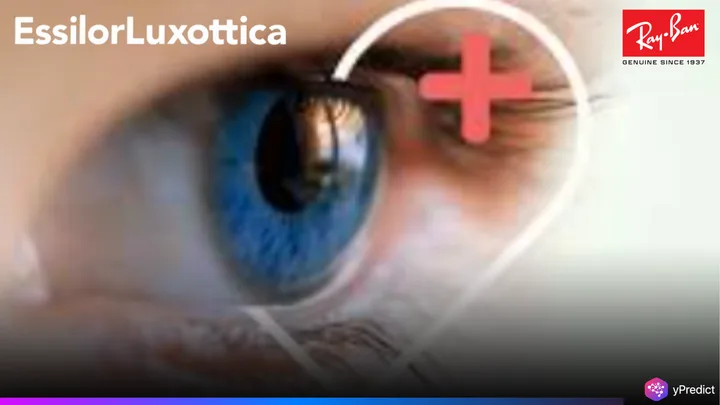
EssilorLuxottica, the Franco-Italian eyewear giant behind Ray-Ban, has announced a bold step into the world of medical technology. The company will acquire Optegra, a European network of over 70 eye hospitals, in a move that highlights the growing role of AI Eyecare in modern health services. Optegra, which operates in the UK, the Czech Republic, Poland, Slovakia, and the Netherlands, specializes in both essential eye treatments and elective procedures, many of which are now supported by smart, AI-driven tools that guide care before and after surgery.
These services are supported by AI during the diagnostic and recovery phases. “We are entering a new frontier,” said CEO Francesco Milleri, describing the acquisition as key to delivering smarter, more personalized vision care. The deal marks a shift from eyewear retail to integrated, AI-enabled clinical services. The transaction is expected to close later this year, pending regulatory approval.
AI Eyecare Joins the Team: Inside Optegra’s Technology Approach
Optegra’s use of AI Eyecare helps doctors plan and manage surgeries with greater accuracy and safety. From cataract surgery to laser vision correction, the company uses AI tools to support care before and after procedures. These systems analyze patient data, identify risks early, and recommend treatment paths based on thousands of similar cases. This reduces delays and improves outcomes.
“We’re combining clinical skill with technology to raise the standard of care,” said Optegra CEO Dr. Peter Byloos. With this tech-driven approach, doctors get real-time support that helps them focus on patients rather than paperwork. Optegra operates under several brands, including Lexum and Iris, and serves both public and private patients across Europe. Its growth shows how AI tools are reshaping even the most hands-on areas of medicine.
What AI Eyecare Means for Care and Safety
Patients already benefit from faster diagnoses and shorter recovery times, thanks to AI Eyecare support in planning and monitoring treatments. Surgeons have more support in identifying early signs of serious conditions like glaucoma or macular degeneration. MidEuropa, Optegra’s previous owner, said the company has opened new clinics, entered two new countries, and completed eight acquisitions since 2007. But some experts caution that increased reliance on AI also raises concerns. These include data privacy, overdependence on algorithms, and the risk of tech outpacing regulation.
EssilorLuxottica sees the partnership as a springboard to broader offerings, including smart glasses that detect health issues and connected devices that guide post-op recovery. “We want to deliver care that’s advanced, seamless, and personal,” said Deputy CEO Paul du Saillant. For doctors, the change means access to a global innovation platform. For patients, it could mean faster, more personalized care, but only if tech remains a tool, not the boss.
Can AI-Fueled Eyecare Stay Human?
As AI enters surgery suites and diagnostic labs, the challenge is keeping care personal, safe, and fair. EssilorLuxottica’s move to buy Optegra marks a shift toward full-spectrum vision care, from stylish glasses to sight-saving treatments. But this leap also demands careful oversight. Regulators will need to track how medical AI evolves and how it’s used in real-world clinics.
Patients must trust that their data is secure and that their care is still led by skilled professionals. If successful, the deal could reshape how eye care is delivered across Europe and beyond. It’s a sign of what happens when global brands, cutting-edge tech, and clinical excellence meet. The future of vision care is arriving fast, and it’s wearing smart glasses.





